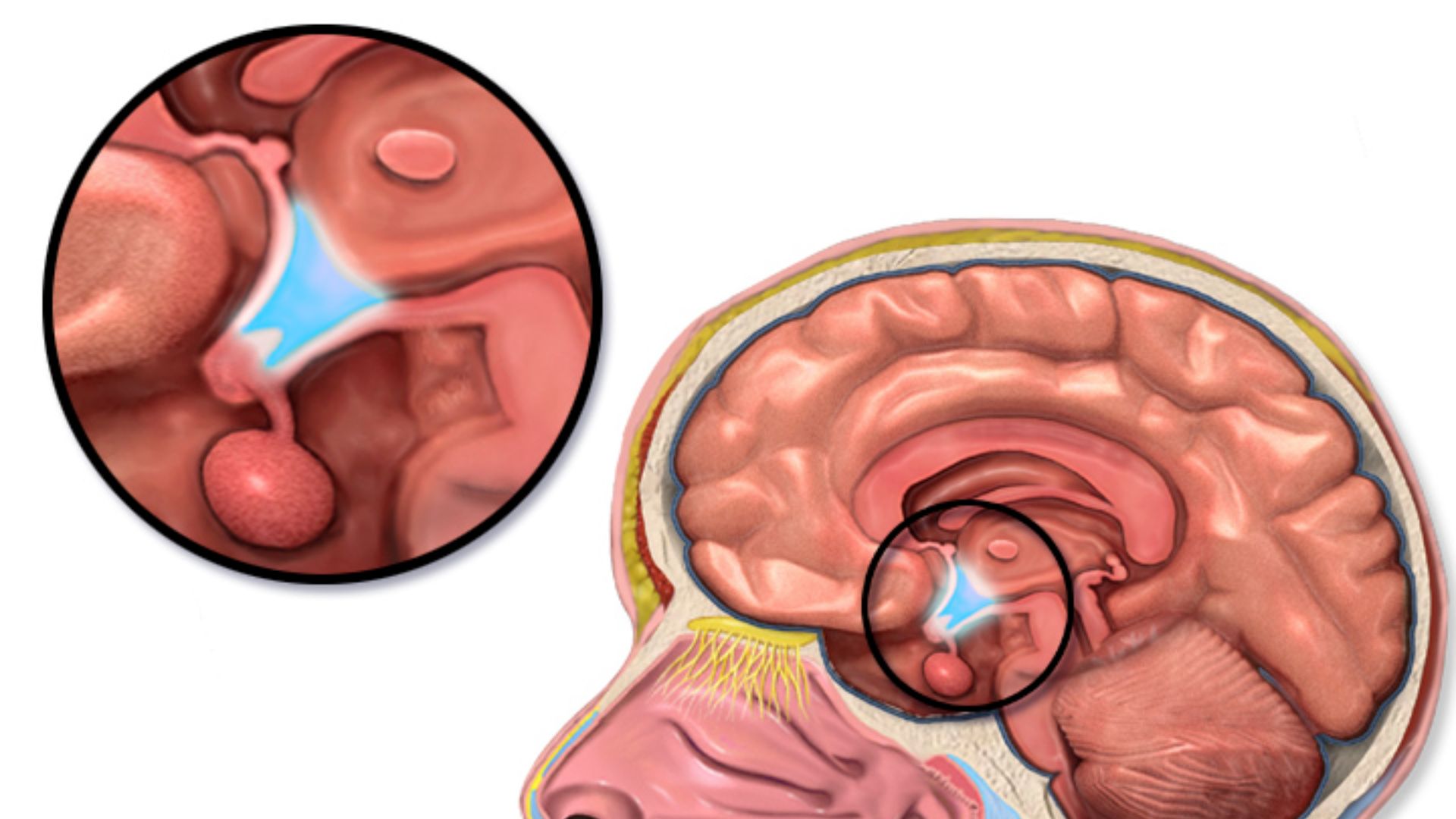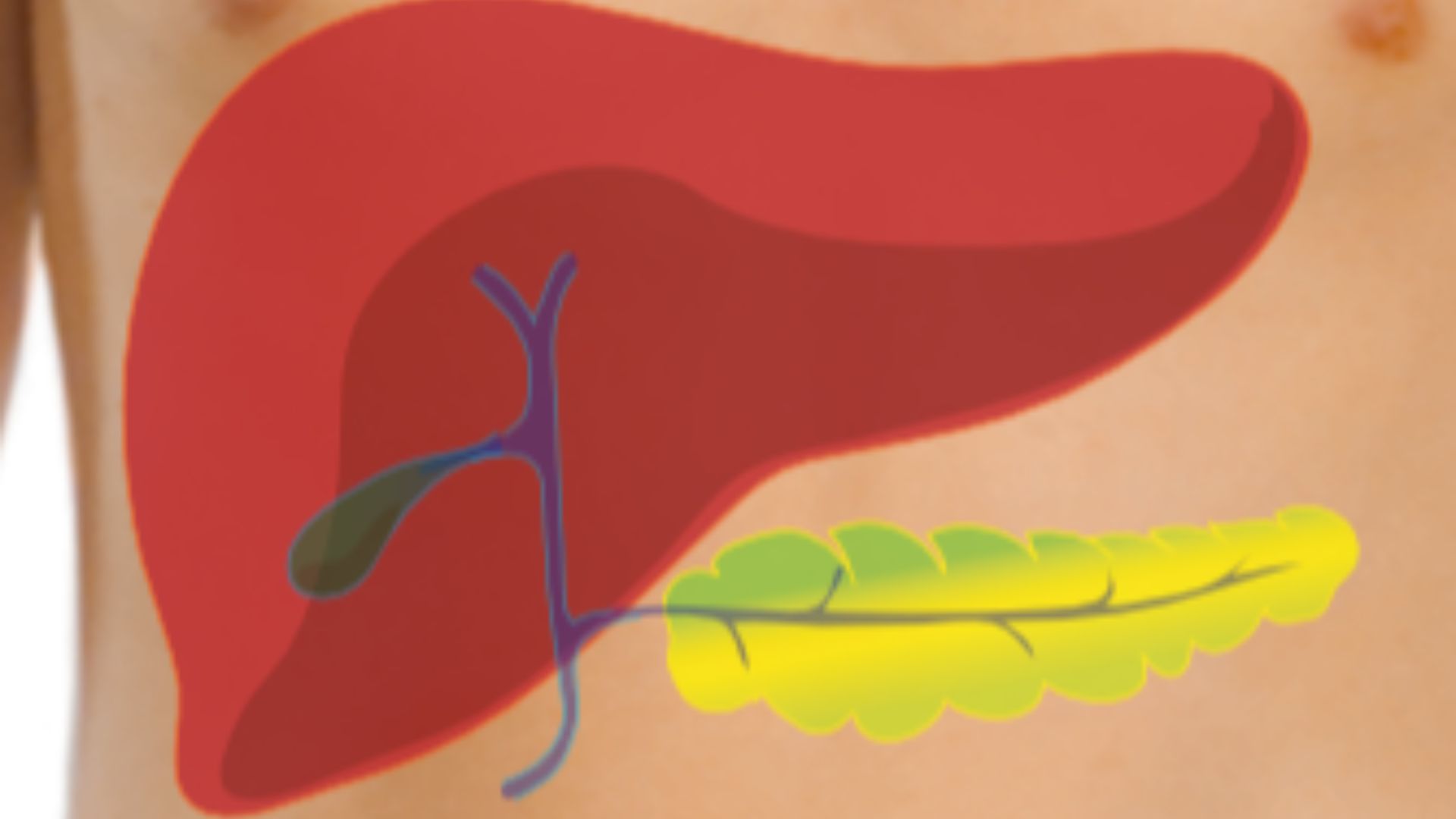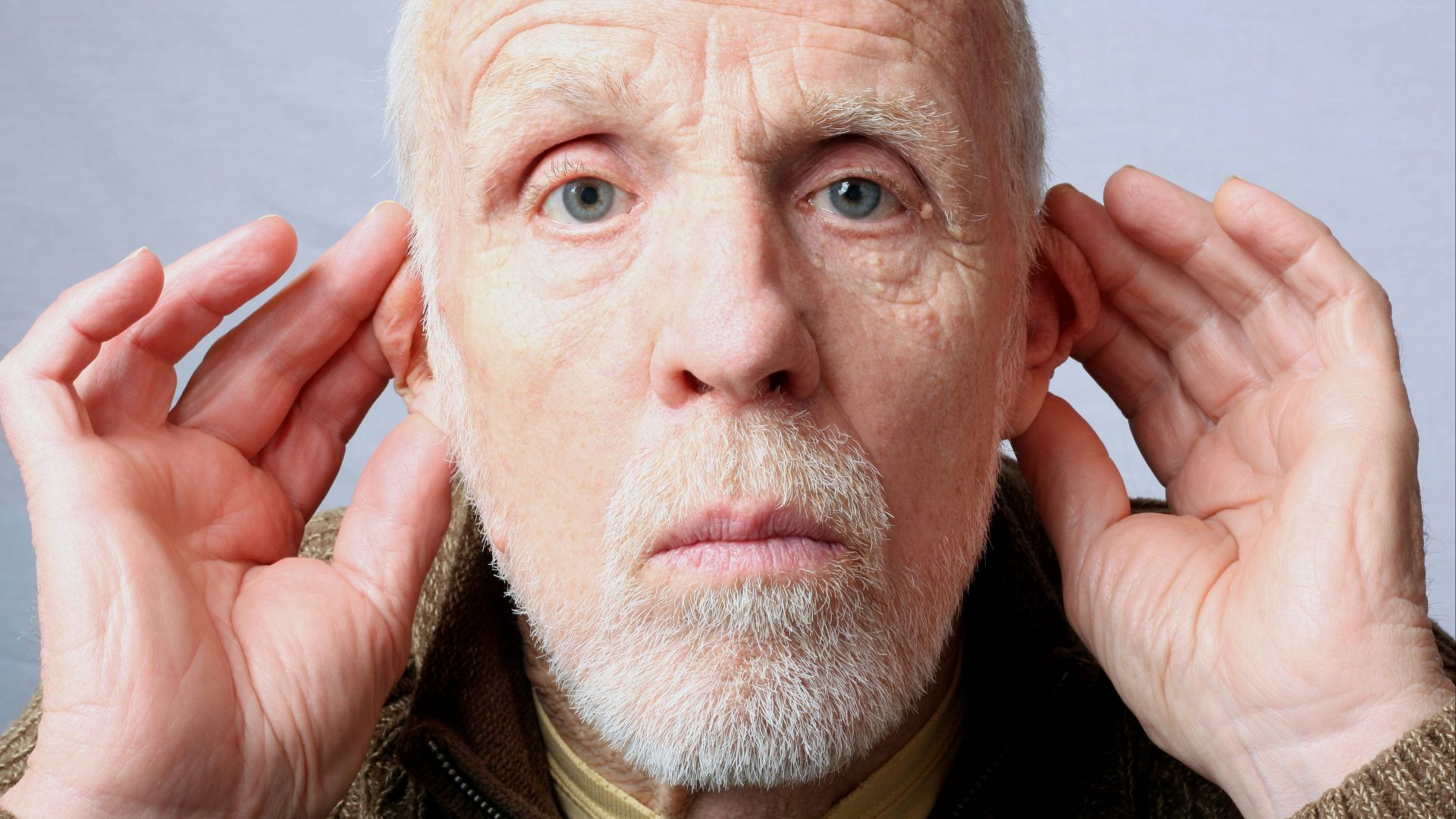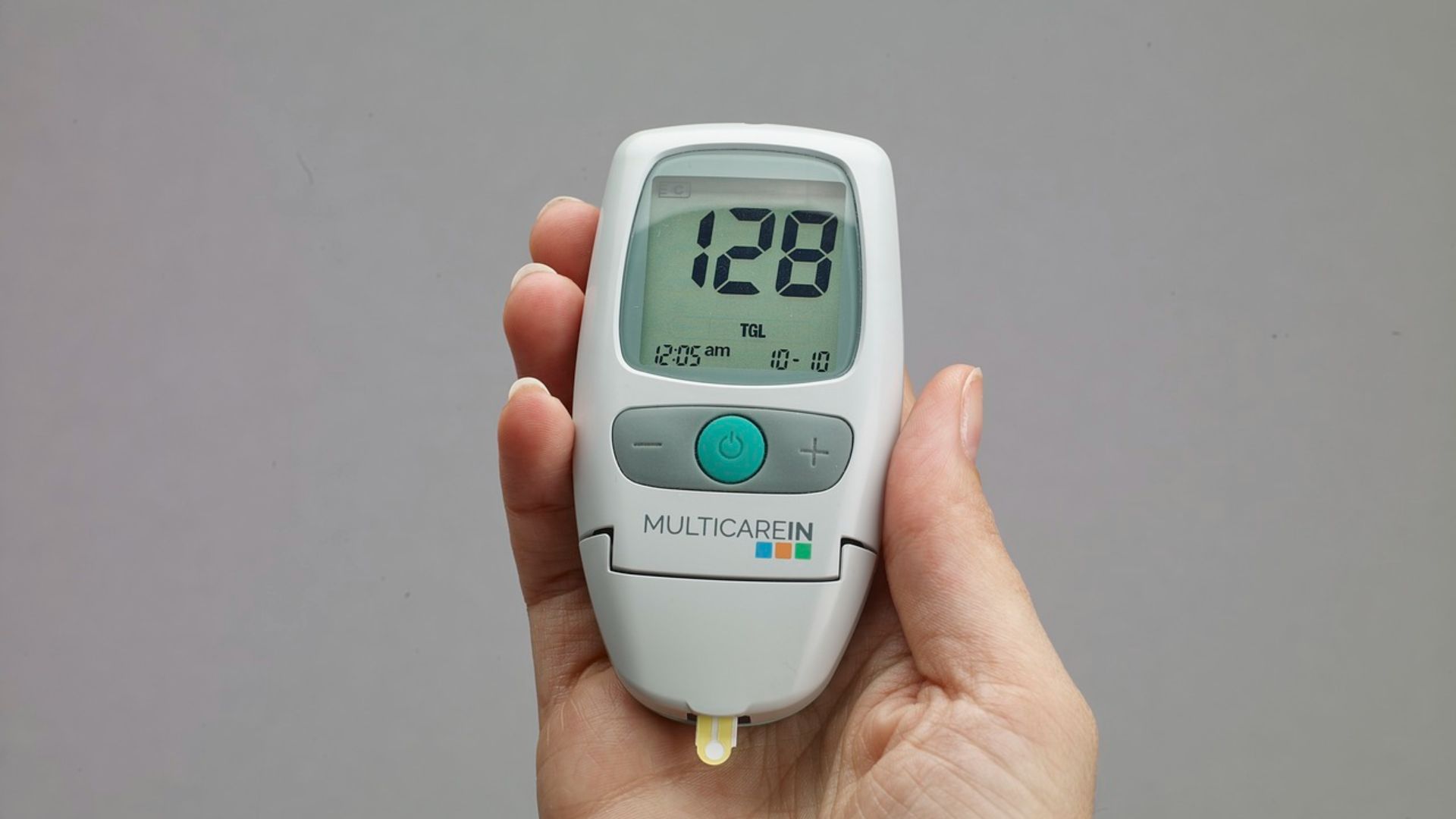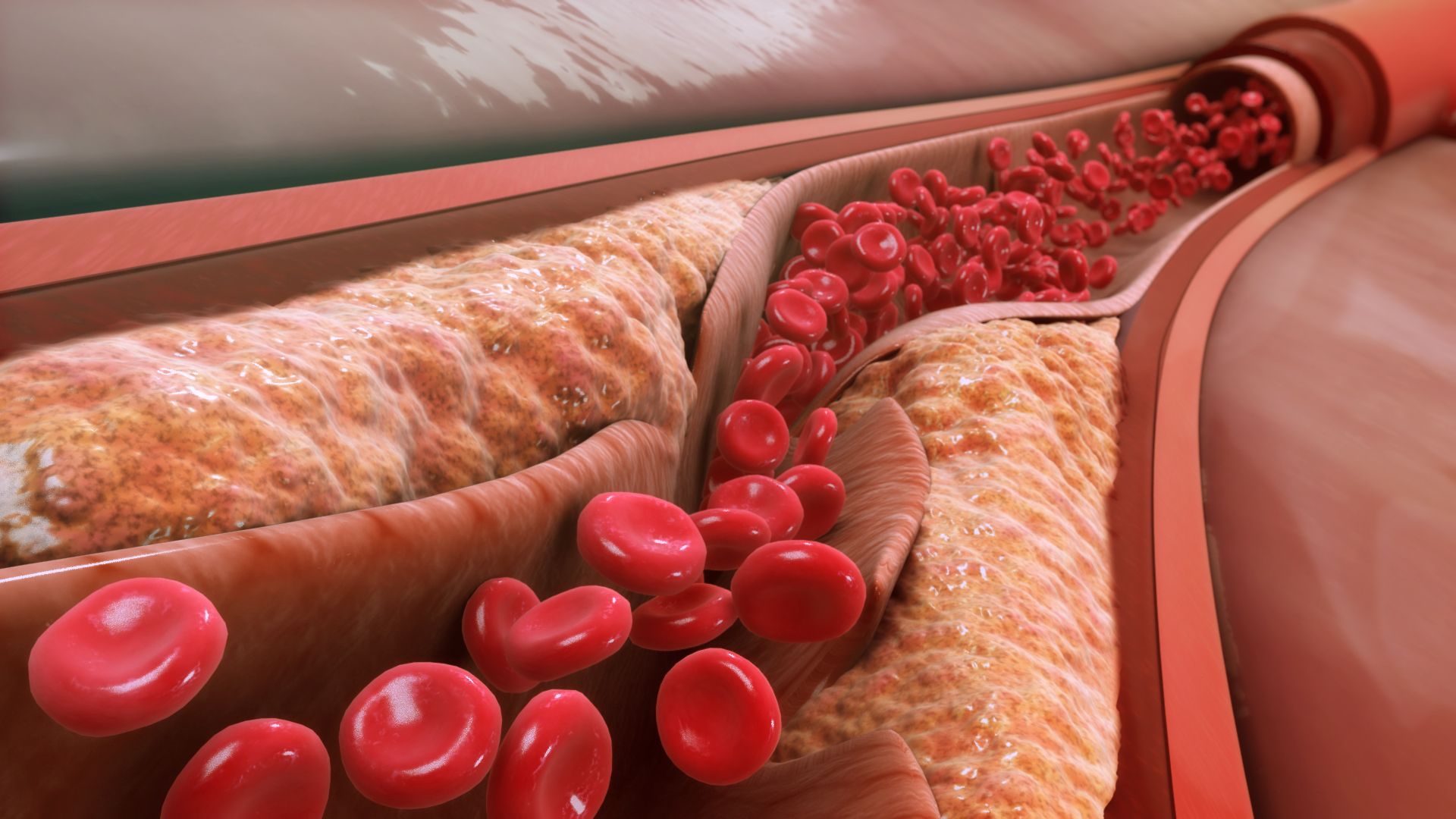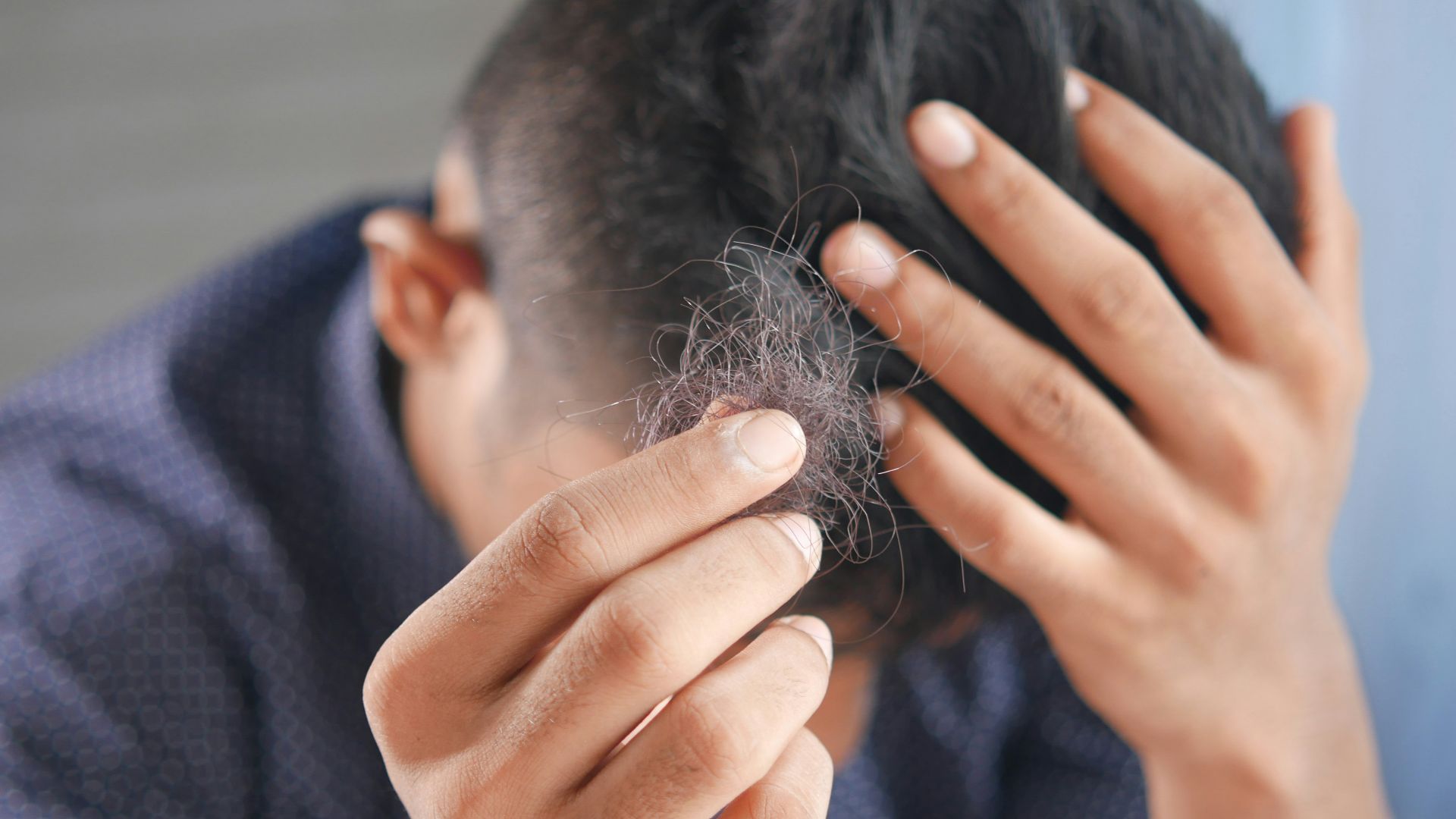When Your Body Starts Pushing Back
You won't hear any alarm bells going off, but day after day, your body will begin to take on the burden of the stress you bring into your life. This creeping shift in how you feel and how your body functions is not random—it's a direct result of stress! The effects of stress on your body are all-encompassing and not something you should take lightly. So, let's look at some horrific ways stress affects the body and why you need to look for ways to control it ASAP.
1. Hypothalamus Kicks Off Hormone Flood
The hypothalamus, located in the brain, responds when stress hits. It's small but powerful and manages temperature and crisis response. Once it activates, it signals your body to start adapting immediately, which causes a cascade of physical changes.
2. Adrenal Glands Push Out Cortisol
Stress feels heavy because of cortisol. Once the hypothalamus sets things off, the adrenal glands take over and dump cortisol into your bloodstream like an emergency fuel. It helps in survival, but when it sticks around, it wears your body down from the inside out.
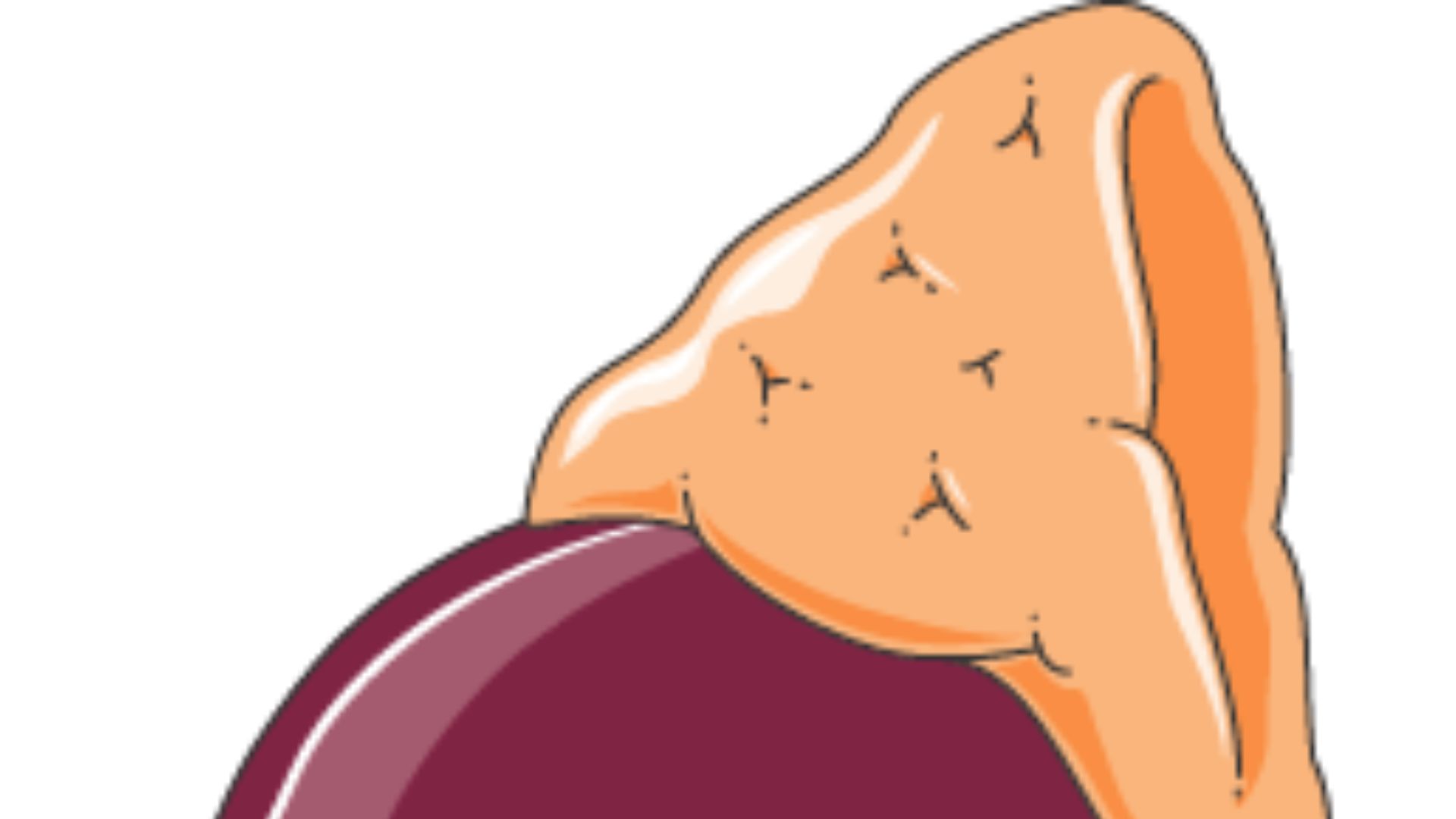 Laboratoires Servier on Wikimedia
Laboratoires Servier on Wikimedia
3. Heart Pounds With Spiked Pressure
Some people describe it as a racing pulse. Others say it's like your chest won't settle. This is the cardiovascular system in trouble. In high-alert mode, your heart speeds up and pumps harder and faster. Blood pressure increases, which can worsen over the years if left unchecked.
4. Lungs Expand To Fuel Muscles
You might not even notice, but your lungs experience changes when you are stressed. They pull in more oxygen and prep your muscles to react. Sounds helpful, right? The problem starts when that over-breathing becomes chronic and triggers things like chest tightness or hyperventilation.
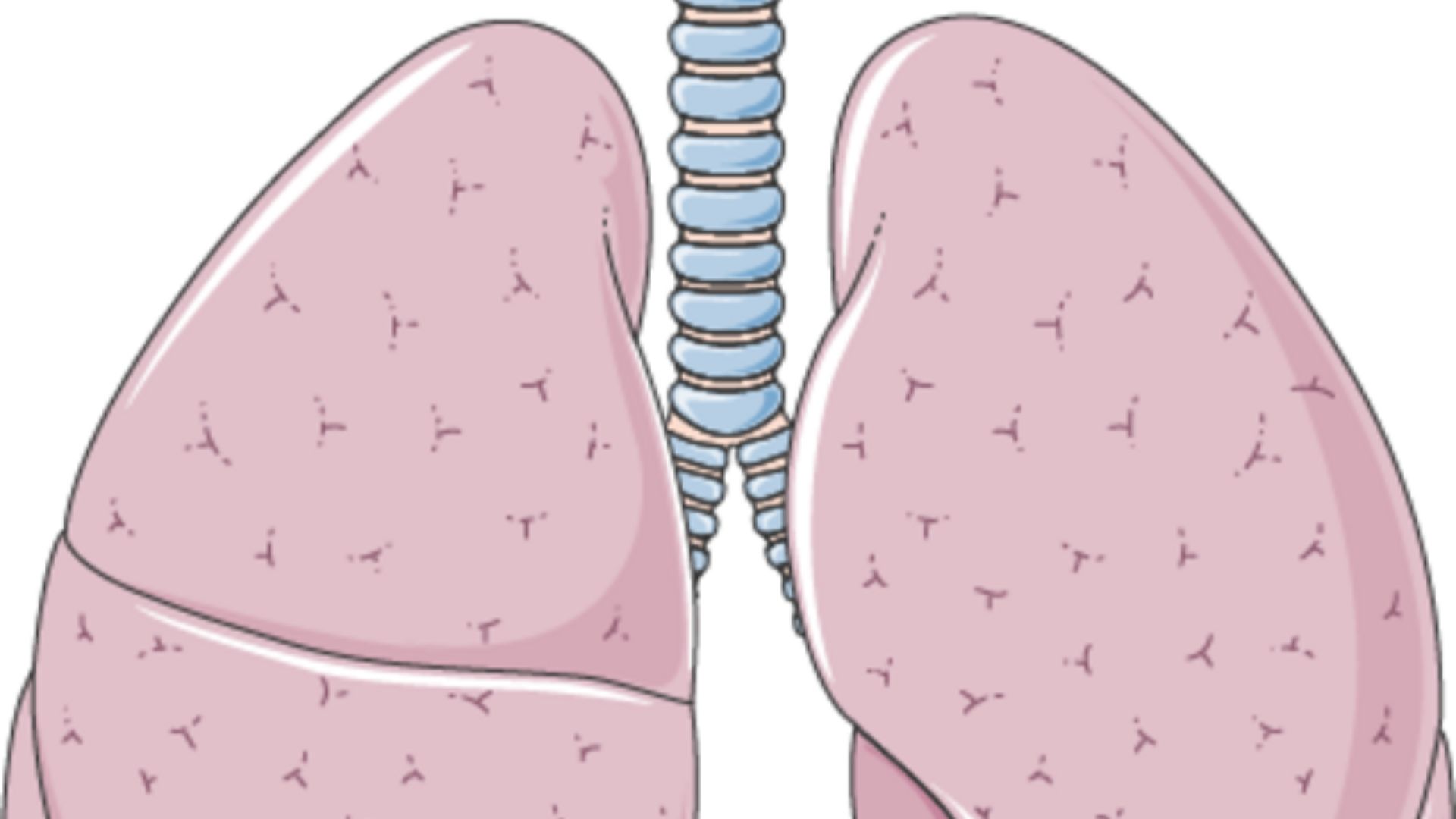 Laboratoires Servier on Wikimedia
Laboratoires Servier on Wikimedia
5. Immune Cells Crash From Overwork
Initially, stress wakes up your immune system. But leave it on too long, and things start to break. Your white blood cells stop responding as they should. Healing slows, and chronic inflammation shows up. You move from being just run-down to wide open.
6. Muscles Lock Up From Tension
Check your shoulders or your back. Are they tight? Muscles don't just tighten in danger—they stay that way under long-term stress. It's like the body's holding on, just in case. Pain and movement issues are some of the results.
7. Skin Breaks Out Under Pressure
Your skin is also an active responder to stress. Inflammation rises, and your skin becomes way more reactive. That's why flare-ups hit during deadlines or rough patches. What should be your barrier starts to act up, and even healing slows down.
8. Stomach Slows And Cramps Hard
Have you ever lost your appetite or felt that knot in your gut when life spirals? That's your stomach pumping the brakes. Stress hijacks digestion and reroutes energy elsewhere. Gastric acid shifts, and motility slows. It's a real gut reaction and not imaginative.
9. Gut Microbes Shift And Swell
Your gut is home to trillions of bacteria that help with immunity and mood regulation. But chronic stress messes with their balance. Some species shrink, and others overgrow. The result is food sensitivities and a higher risk of mental health disruptions over time.
10. Liver Pumps Glucose Into Blood
Your liver's not trying to sabotage you when it floods your bloodstream with glucose. That's its job. During stress, it responds that way because it assumes you'll need quick energy to flee or fight. That sugar buildup fuels weight gain and blood sugar spikes.
11. Hippocampus Shrinks Under Pressure
Besides age, another thing that causes memory to slip is stress. The hippocampus, a key memory hub, loses volume when cortisol sticks around too long. Over time, stress erodes even the ability to learn. Your mind rewires to survive, not remember.
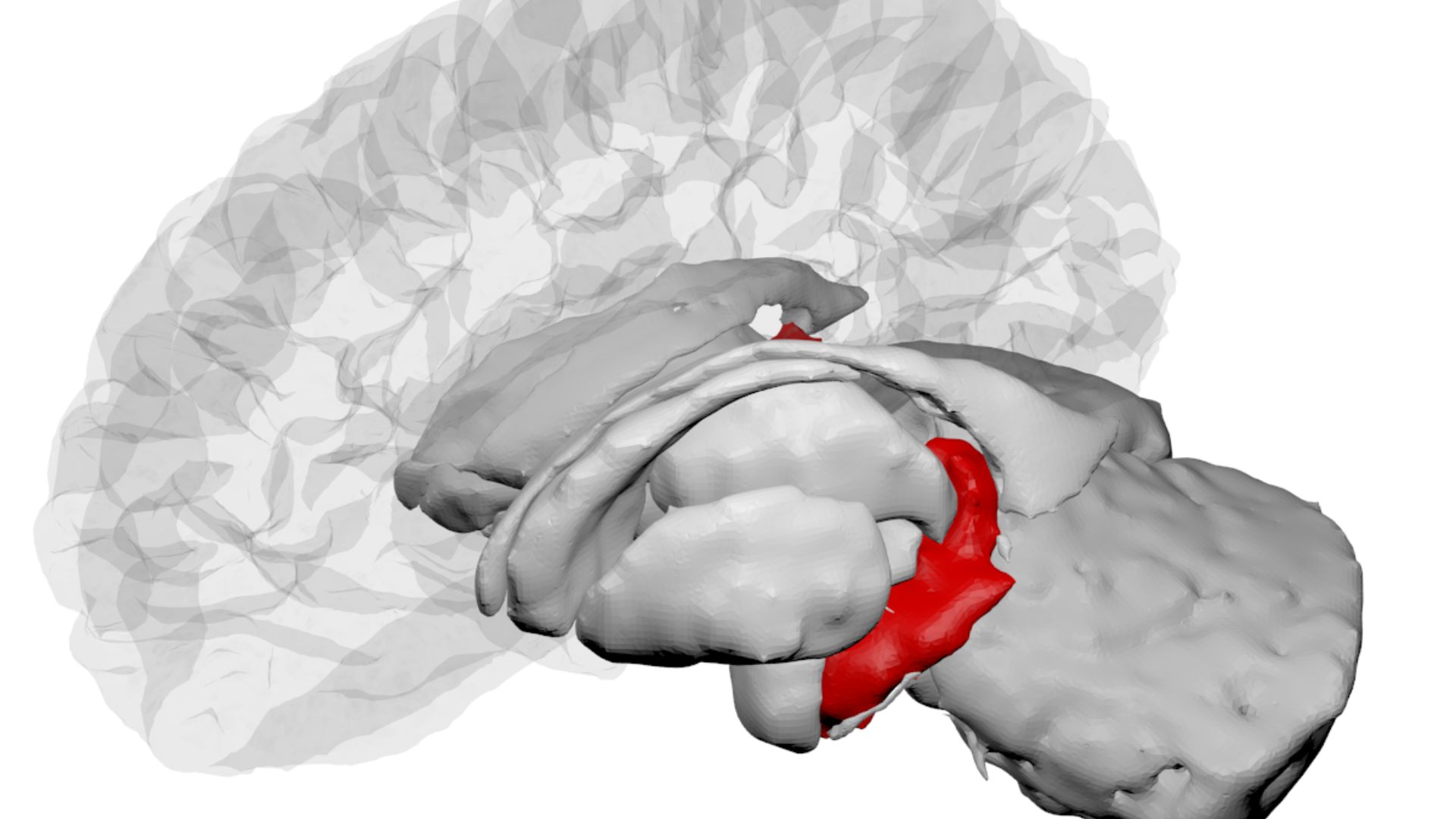 RAZVAN V. MARINESCU on Wikimedia
RAZVAN V. MARINESCU on Wikimedia
12. Thyroid Overreacts And Wrecks Balance
Stress isn't kind to the thyroid. It can push it into overdrive or crash it entirely. Either way, your metabolism pays the price. You might feel jittery or exhausted, and it's not "just hormones" but a full-blown system imbalance sparked by pressure.
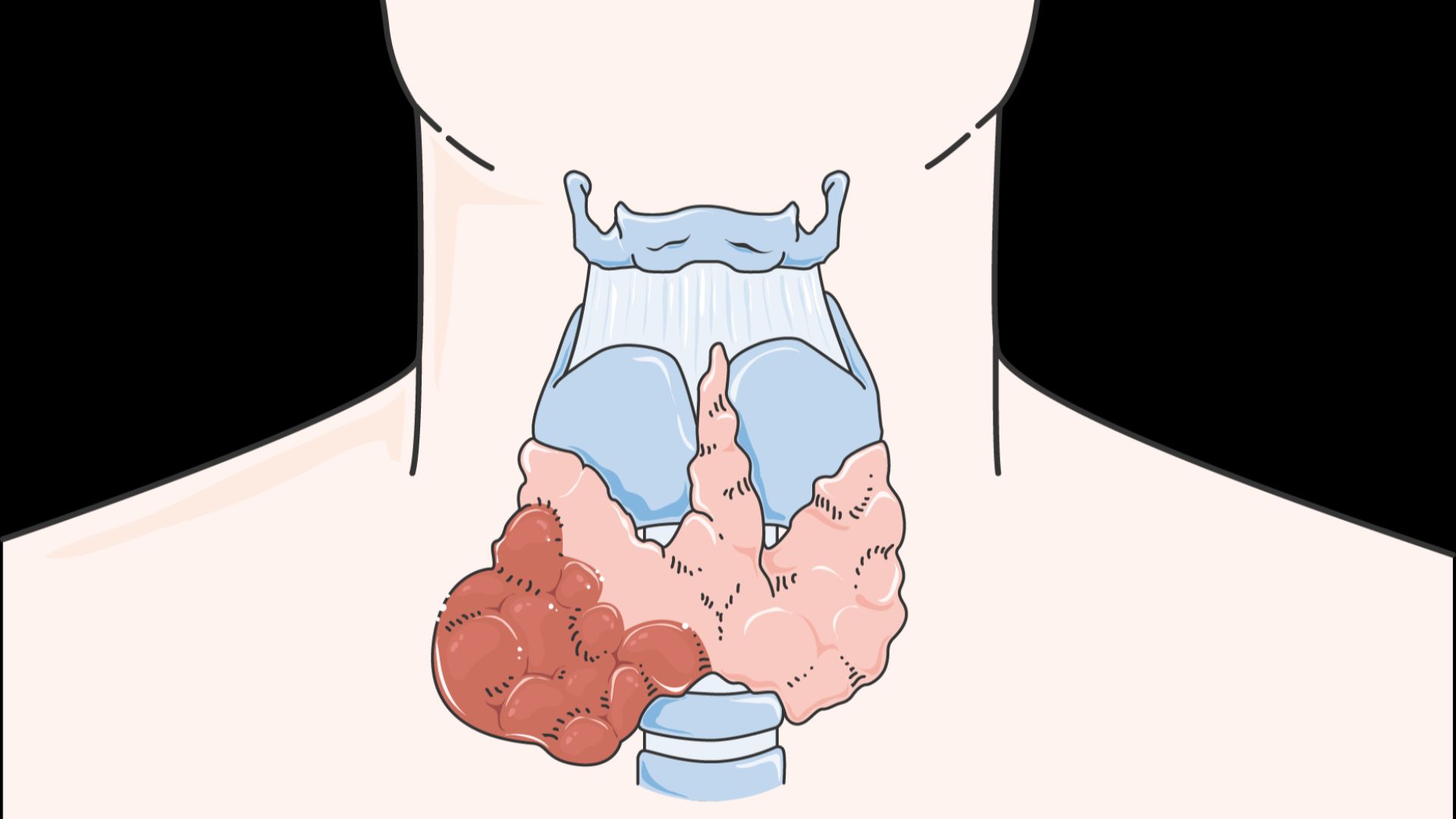 Laboratoires Servier on Wikimedia
Laboratoires Servier on Wikimedia
13. Sleep Schedule Breaks And Fractures
We don't take it seriously when our bodies don't budge when night comes. But that's stress disrupting melatonin production and hijacking REM cycles. You toss or stay awake, staring at the ceiling, and by morning, you wake up tired, even after hours under the covers.
14. Certain Hormones Drop Abruptly Low
When the body thinks of survival, it cuts back on what it sees as optional. Testosterone and estrogen dip. Menstrual cycles shift, and libido tanks. It's not always obvious right away, but the long-term hormonal fallout is real. Thankfully, it's reversible.
15. Jaw Locks From Constant Clenching
Sometimes, you catch yourself grinding your teeth at stoplights or meetings. The jaw holds stress like a vault—tight and unrelenting. Dentists see it all the time: cracked molars and tight TMJ joints. Your bite tells a lot about how stressed you are.
16. Spine Compresses With Bad Posture
Slouching is an indicator that your body is in survival mode. Under chronic stress, posture shifts subtly, leading to muscle fatigue and spine compression. This collapse adds up and leads to tight hips and altered gait.
 State Records NSW on Wikimedia
State Records NSW on Wikimedia
17. Skin Cells Age More Quickly
Stress speeds up cell turnover in all the wrong ways. Fine lines on your body might not be from the sun or time alone. Chronic pressure makes the protective ends of chromosomes shrink faster, and this leads to early signs of aging.
18. Pancreas Struggles To Balance Sugar
Blood sugar doesn't just react to what you eat. Stress will make your pancreas work harder than normal while frustrating the efforts with insulin resistance. This makes glucose linger, and cravings creep in. This loop, when chronic, lays the groundwork for prediabetes or worse.
19. Arteries Harden From Inflammation Waves
Stress creates a storm of microscopic inflammation in the blood vessels. While not always dramatic, it's steady. The endothelial lining gets irritated, and cholesterol sneaks in. Things get disorganized in your arteries, and blood flows less. These put you at real cardiovascular risk.
20. Hair Follicles Stall And Shed Early
It's no coincidence that you experience hair loss during challenging seasons. When stress hits, follicles may enter a shedding phase, and hair thinning noticeably will follow. This condition, called telogen effluvium, often shows up a few months after high-stress events and can take a long while to reverse.
KEEP ON READING

10 Best Post-Workout Meals & 10 To Completely Avoid




